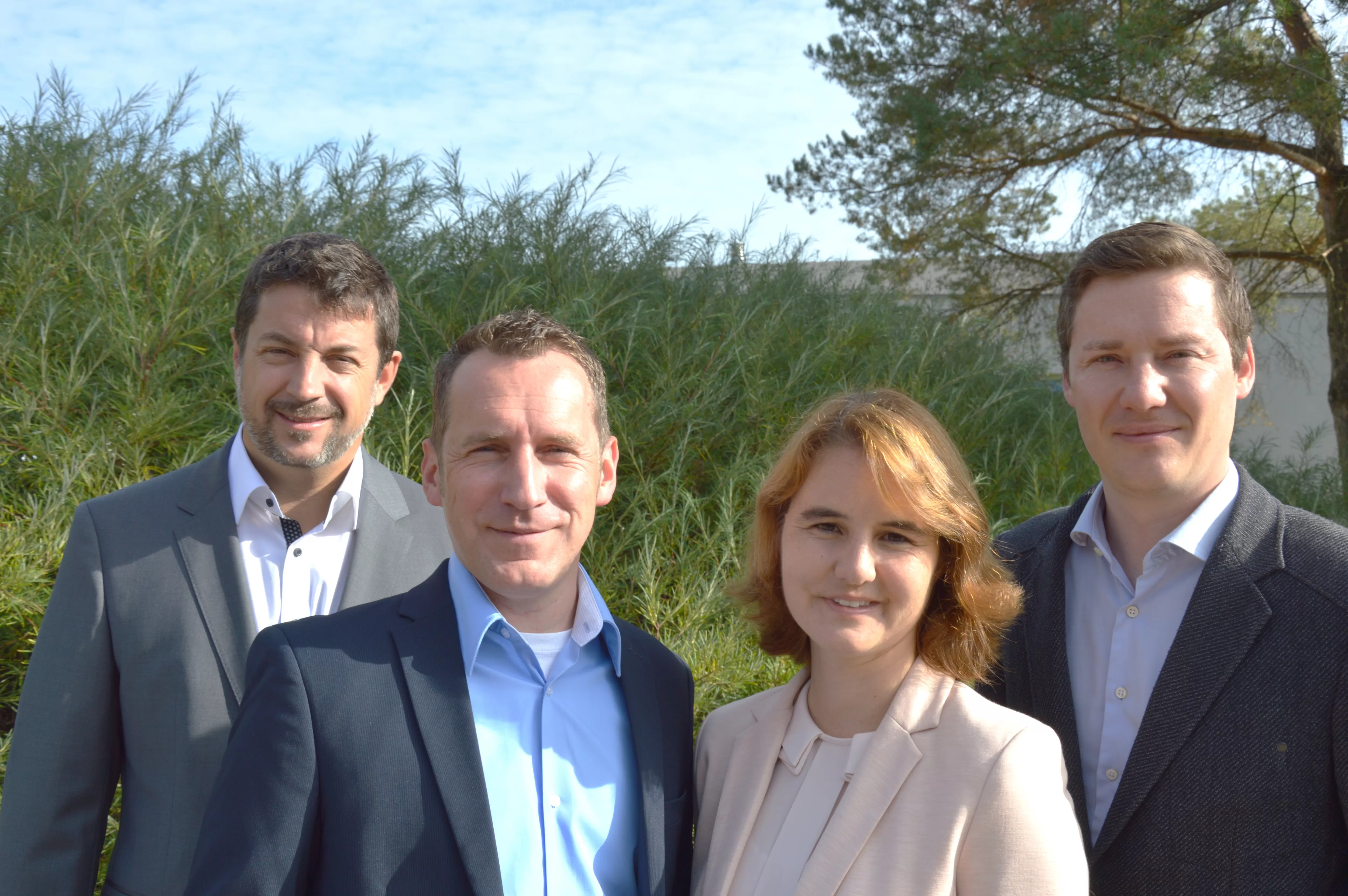
Nagra submits applications for exploratory boreholes in Nördlich Lägern
Nagra submitted 16 applications for exploratory boreholes in the two siting regions Jura Ost and Zürich Nordost (eight in each region) at the end of September 2016. Today, Nagra submitted six further applications for exploratory boreholes in the Nördlich Lägern region. According to the Nuclear Energy Act, the boreholes require a permit from DETEC (Federal Department of the Environment, Transport, Energy and Communications). At today’s media conference in Stadel, information was given on the locations of the boreholes in the Nördlich Lägern region and the next steps in the licensing procedure.
«Long-term safety has the highest priority in the site selection process for deep geological repositories. The findings from the geological investigations will allow us to identify the most suitable site in terms of safety», explained Maurus Alig, a member of Nagra’s Executive Board. The exploratory boreholes provide accurate information on the structure and properties of the rock formations in the area of the disposal perimeters. Nagra has submitted six applications for exploratory boreholes in Nördlich Lägern. «It is likely that not all the planned boreholes will be drilled. New information arises constantly during the course of a geological investigation programme. To maintain flexibility, we submit more applications than are actually required and can then decide which boreholes are the best for carrying out the investigations», explained Alig.
Herwig Müller, Section Head of Field Investigations at Nagra, explained that the site for a borehole is selected on the basis of geological criteria. Close consultation with the responsible cantonal authorities also allows spatial planning interests to be balanced. The initial phase, with preparation of the drillsite and setting up the drilling equipment, will last for around three months. Actual drilling operations, including testing work in the borehole, will last from several months up to a year. «We realise that the drilling activities cause some inconvenience for people living nearby. In terms of noise generation, we have therefore decided voluntarily to observe the levels that apply for industrial and commercial zones, which are significantly lower than those for construction sites», said Müller.
Simone Brander from the Swiss Federal Office of Energy (SFOE) provided information on the status of the repository site selection process. Peter Raible from the Nuclear Energy Law Section outlined the upcoming procedure for the exploration applications. They will be checked for completeness and open for public consultation at local authority offices for a period of 30 days. The boreholes require a permit from DETEC. Work on the first boreholes is expected to begin in 2019.
The media release of the SFOE can be downloaded here (in German).